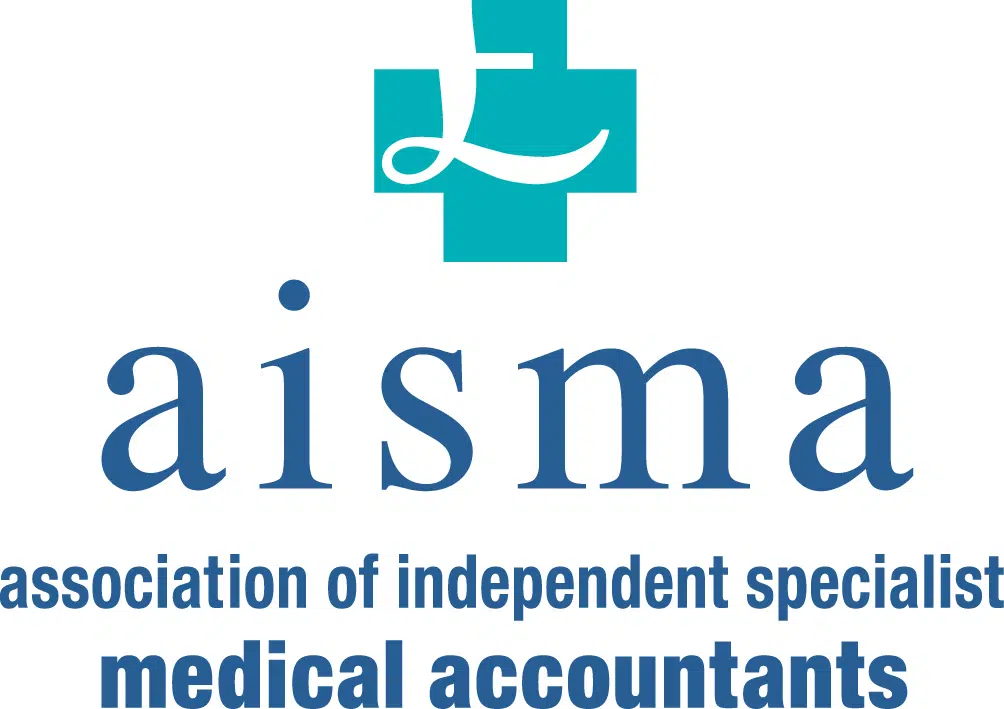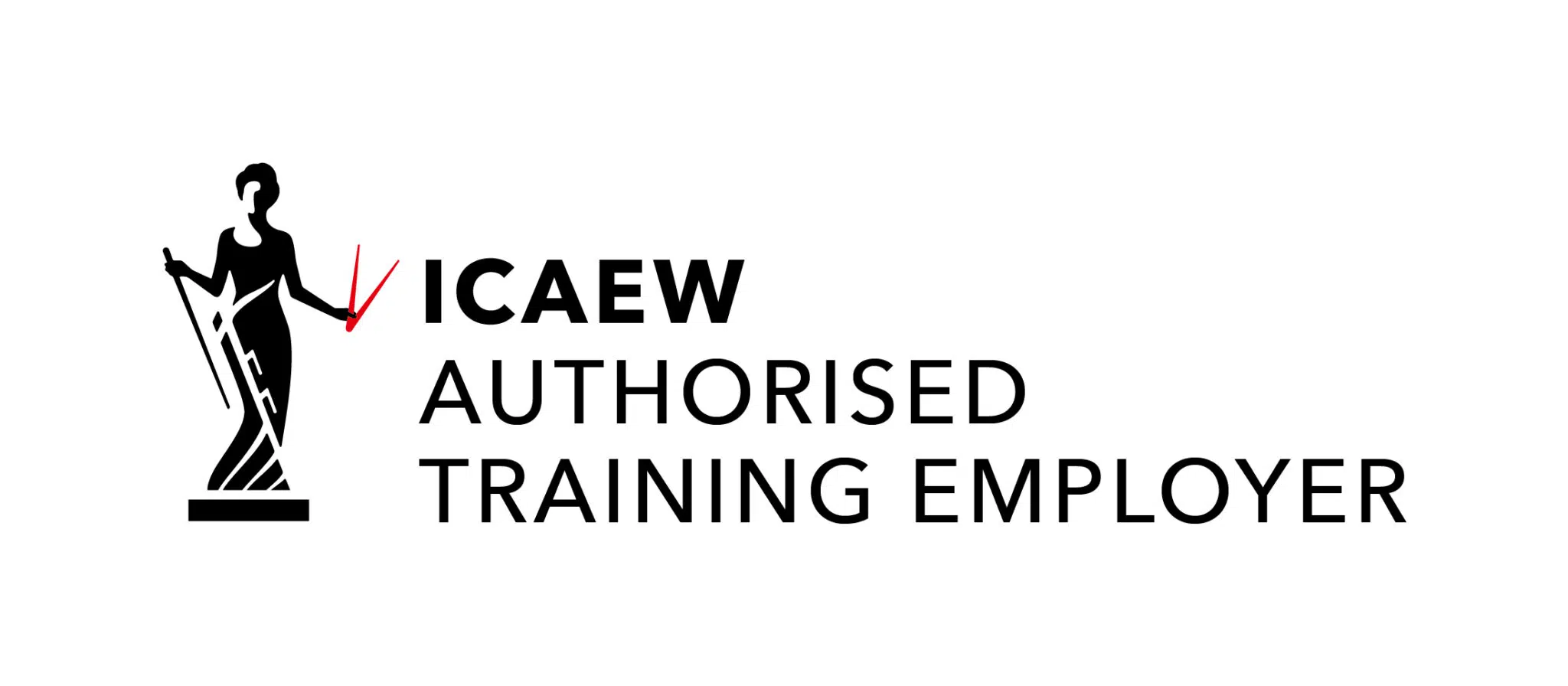HMRC push for more online filing
Published: 31st March 2023
With a gradual shift toward tax administration becoming digital, HMRC have quietly announced that the way certain forms can be filed will change this year. What’s happening and who is affected?
The government’s Making Tax Digital rollout may have been pushed back, but HMRC is moving ahead with plans to make online filings all but compulsory. Secondary legislation has been passed this month that makes it mandatory for employers to file forms P11D and P11D(b) electronically. This will take effect from 6 April 2023, and as such will mean the forms for 2022/23 will have to be filed online. Paper forms will be rejected, meaning the forms will be treated as outstanding – risking a late filing penalty. Amendments must also be made electronically. To facilitate the change, and electronic version of the forms will be available on GOV.UK shortly after 6 April 2023.
Individual tax payers are also being dissuaded from filing paper returns, although these will still be accepted (at least for now). However, HMRC is taking the self-assessment tax return form offline. Anyone wishing to file a paper return for 2022/23 will need to call to request a paper form. Anyone over 70 that has never filed online previously will continue to receive a paper form, along with anyone that is visually impaired.












